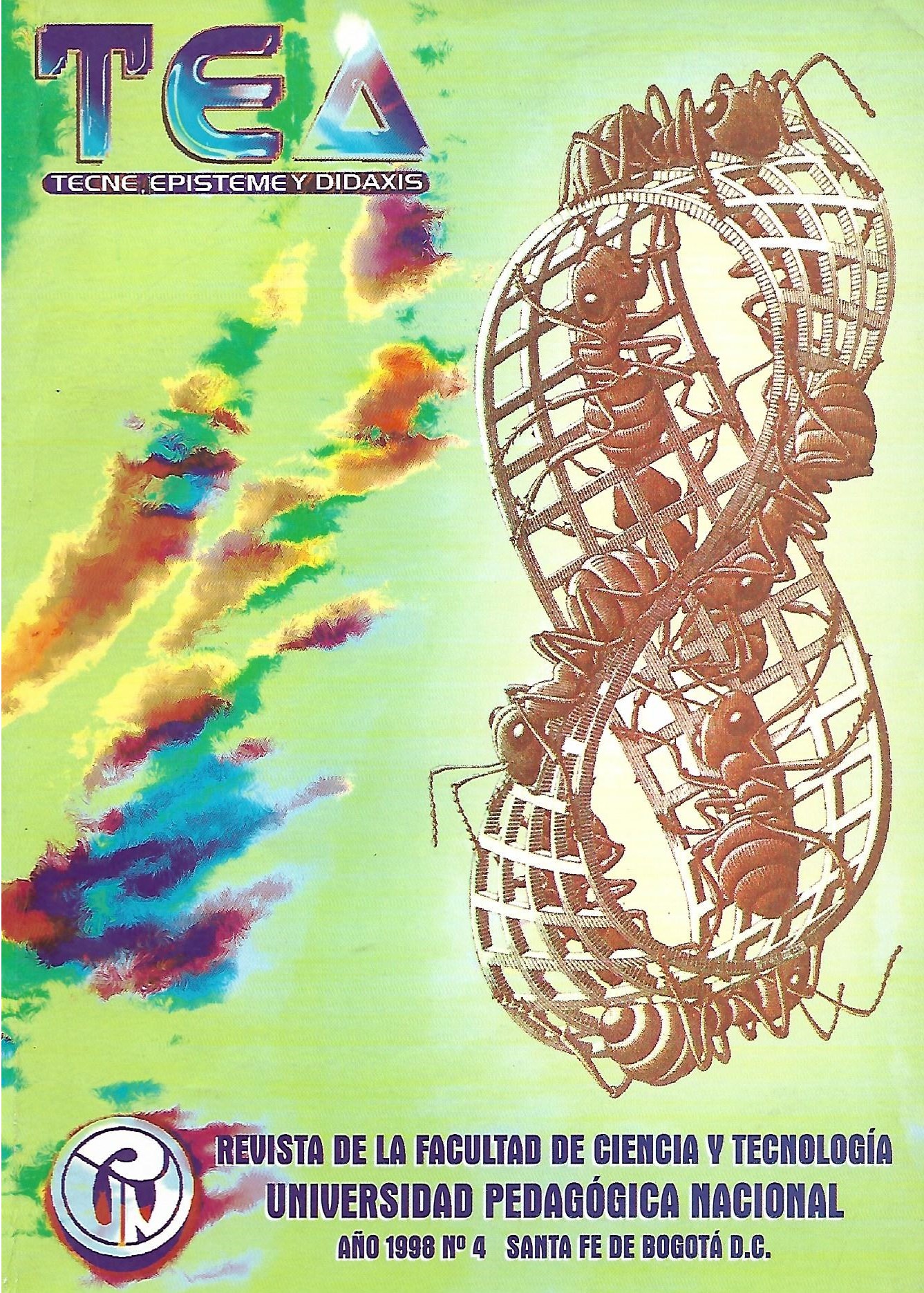LA EPISTEMOLOGÍA DEL MAESTRO: UN PODEROSO REFERENTE EN LA ENSEÑANZA DE LA BIOLOGÍA
Resumen
The main purpose of this work was to explore a teacher referents for teaching and
learning biology while developing an ecology unit for six graders in a public school in
Bogotá. Why does the teacher teaches in that way? What are his or her referents for
teaching? Following the ethnographic methodology proposed by Guba and Lincoln
(1989) we identify that:
* In this class, there were deep power imbalances in terms of control and authority that
makes the teacher the main source of knowledge. The central vision was the authority
of teacher’s explanations and the control of the activities.
* ln this context, biology was assimilated in general, as the search for truth. A need to
probe what the teacher said was evident.
* There was a pervasive idea about the use of scientific method in biology with frequent
explanations by the teacher about the steps to follow
These and other similar conceptions of this teacher were coherent with a positivist
philosophy and constituted a powerful referent for teacher and students work. If we want
an alternative in biology teaching, teachers must implement their own project to reflect
on their own teaching and learning. As long as the teacher make explicit his or her own
principles he would be able to reflect and consider possibilities to change. ln this way
critical inquiry and reflection about his or her own actions promise the construction of
new theoretical referents and new actions in the teaching and learning of biology.
Descargas
Derechos de autor 2017 TED: Tecné, Episteme y Didaxis

Esta obra está bajo una licencia internacional Creative Commons Atribución-NoComercial 4.0.























